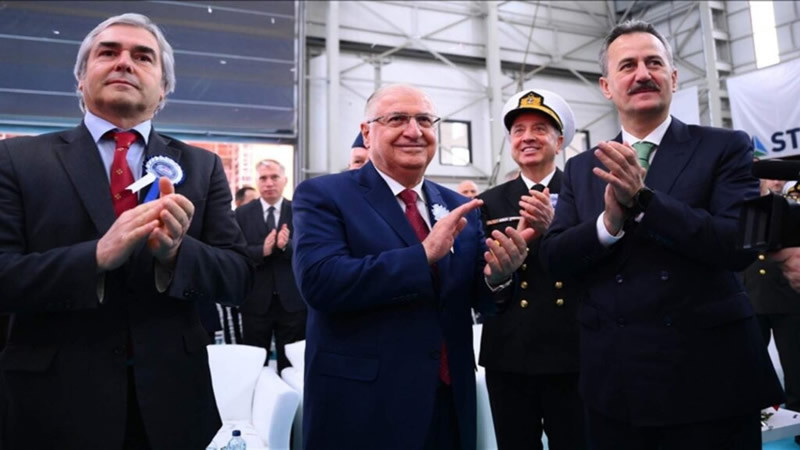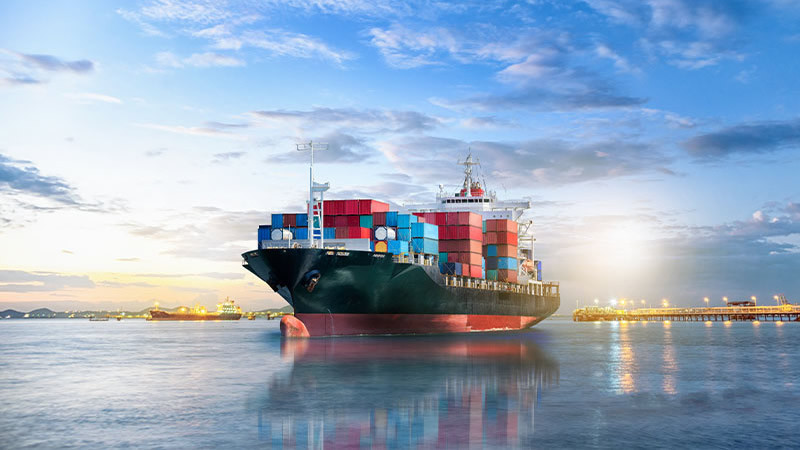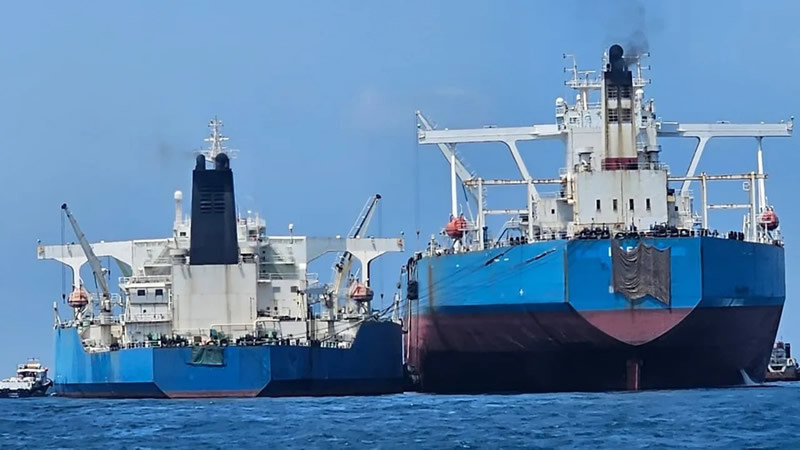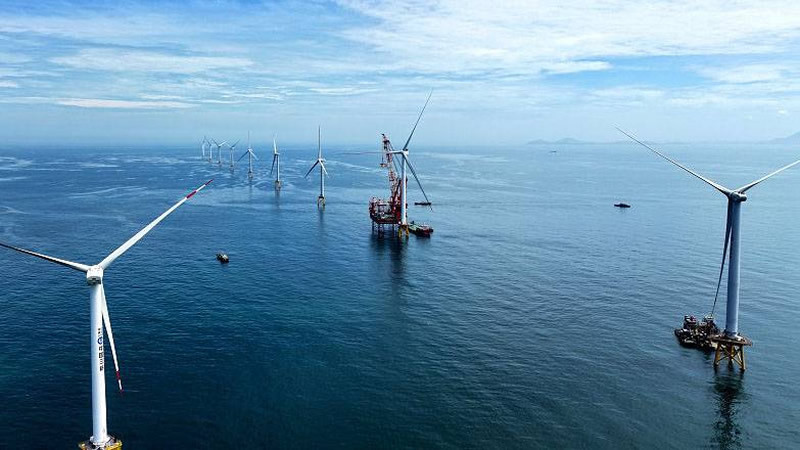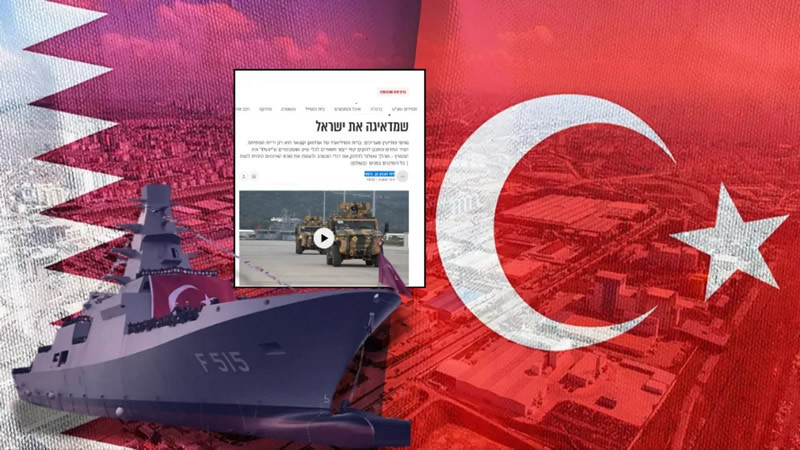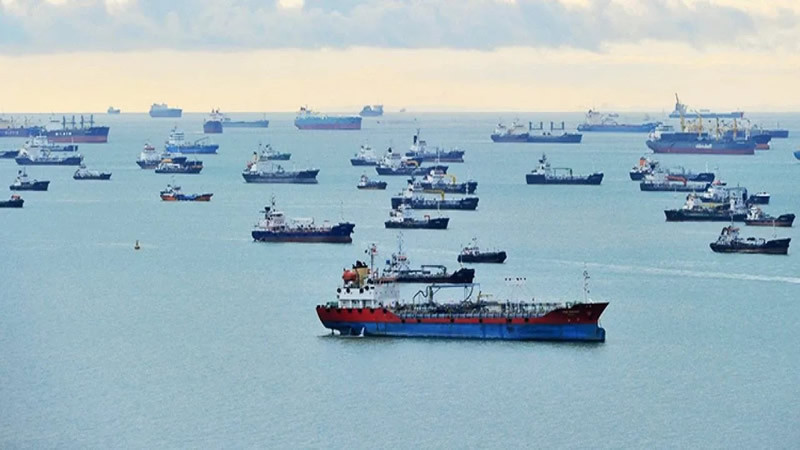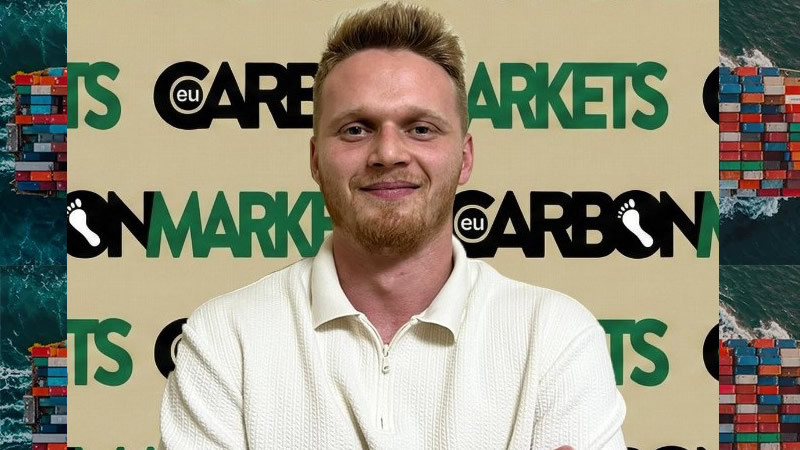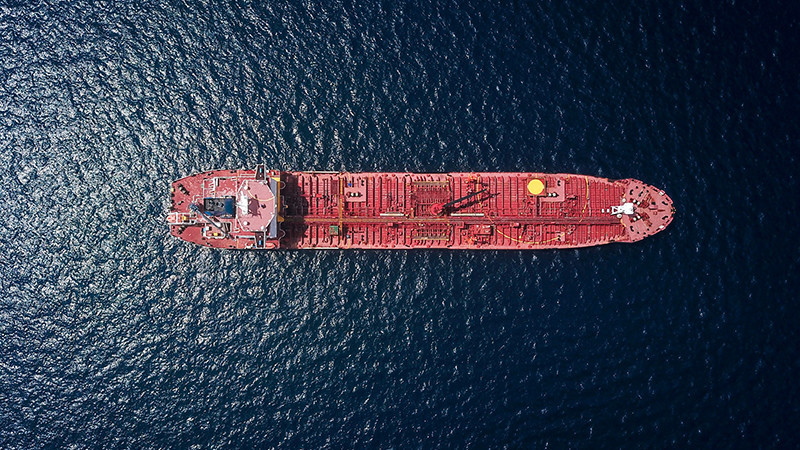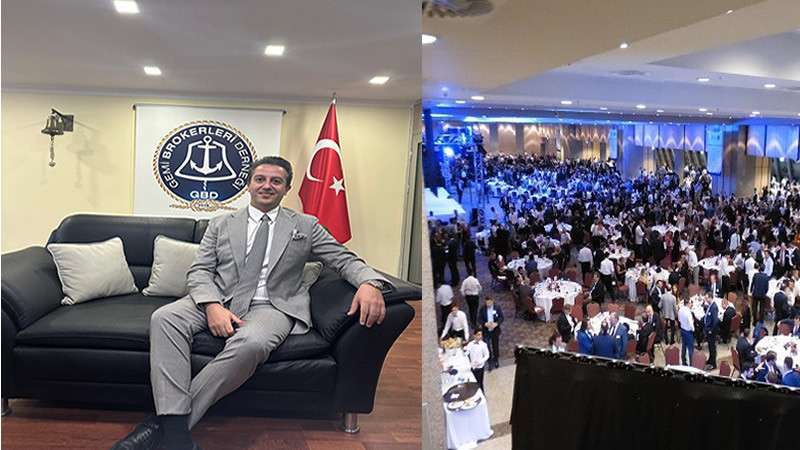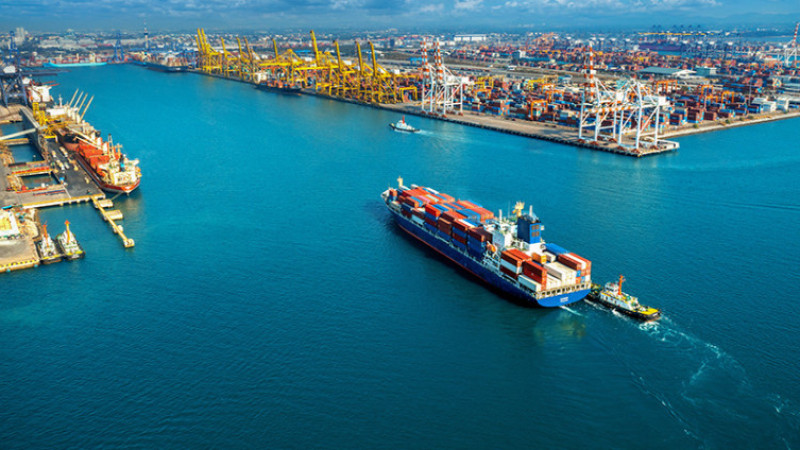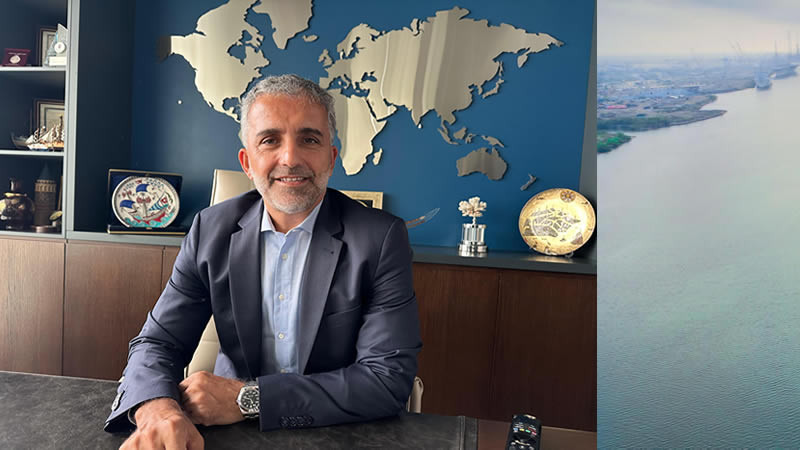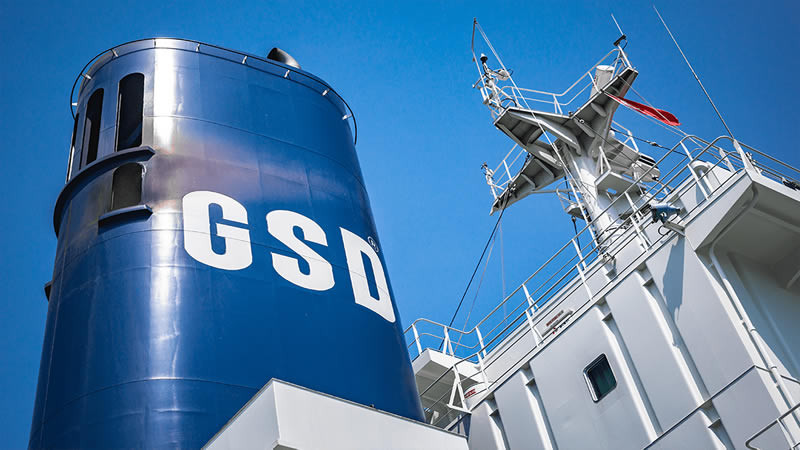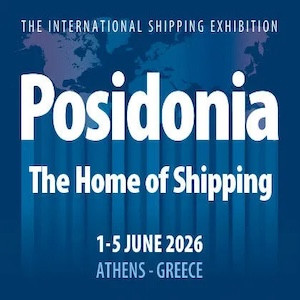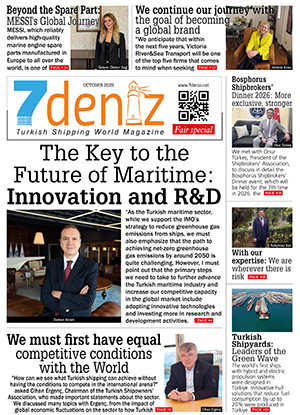The Turkish marine fuel sector must lead the change
SOCAR Türkiye Marine Sales Director Zeki Tarakçı underlined that, in time, current technologies will no longer be sufficient to meet industry needs, and the adoption of new technologies will inevitably become necessary.
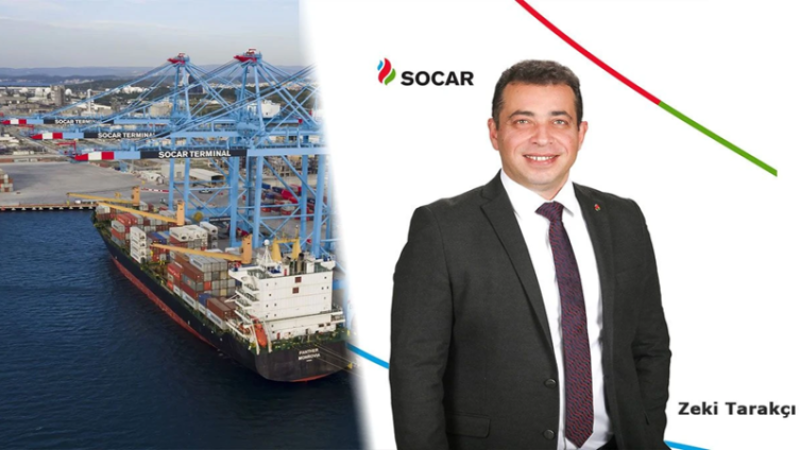
Emphasizing that current technologies will eventually fall short of meeting evolving needs and that adapting new technologies will become inevitable, Zeki Tarakçı, Marine Sales Director at SOCAR Türkiye, stated:
“Global forecasts for the next decade in the marine fuel sector suggest that while conventional fuels will remain in use, the share of alternative fuels will grow significantly. In this context, it is essential for the Turkish marine fuel industry not only to retain its current share in the international market but also to expand and position itself as a pioneer in this transition.”
Tarakçı noted that “As of 2024, the domestic maritime market has a sales volume of 430,000 tons, shared among 11 companies. SOCAR Marine entered this market in 2022 and quickly rose to second place. Since the beginning, we have worked to enhance our infrastructure and have now reached the capacity to supply fuel across the entire Turkish coastline. In addition to our supply capacity in the Sea of Marmara, Aegean, and Mediterranean regions, we also carry out domestic sales via our marine tankers."
“Our customer portfolio ranges from fishing vessels to oil and LNG tankers, container ships, dry bulk carriers, and marine tourism vessels. We have also been a long-term fuel supplier to major public institutions involved in maritime transport and various special projects across Turkey. As SOCAR Marine, we are focused on maintaining our strong market position while continuing to invest, plan, and develop projects to grow our customer base.”
Expanding Global Operations
Providing insight into their growing operations from Gibraltar to Singapore, Rotterdam to South Africa, Tarakçı explained:
“As is widely known, physical marine fuel operations worldwide are carried out by local suppliers, while the connection between shipowners and suppliers is typically managed by international brokers. At SOCAR Marine, we offer brokerage services at foreign ports, particularly to meet the needs and demands of Turkish shipowners and charterers. We aim to provide high-quality service at competitive prices in international markets. We work exclusively with foreign ports and suppliers known for fuel and service quality, leveraging SOCAR’s global reputation to deliver world-class service. In addition to high-volume hubs like Gibraltar, ARA, and Singapore, we also support clients at ports across the Far East, and North and South America depending on demand.”
Sanctions Present Cost Challenges
Tarakçı continued, “Since 2020, the marine fuel sector has experienced significant transformation due to sulfur caps, emissions regulations, changing trade routes, and new market entrants. These shifts are increasingly becoming cost drivers. We are approaching a point where current technologies will no longer suffice, making it necessary to adopt new ones. Considering predictions that traditional fuels will remain while alternative fuels gain share, it is crucial for Türkiye to maintain its position in the international market and lead the way in the shift toward alternative fuels.”
Adopting New Technologies
Explaining how new technologies enhance operational efficiency and differentiate them in a competitive market, Tarakçı added:
“With the introduction of biofuels into our lives, we believe local production will make this category a significant growth area. Looking ahead, SOCAR Marine is committed to the development of biofuels, not just for marine use but also for aviation with SAF production, as well as LNG, methanol, and ammonia.
Our ongoing licensing processes for LNG operations, green methanol production through CO₂ capture, and ammonia—already used as a raw material for ACN at our Petkim refinery—will pave the way. Backed by the production capabilities of our STAR and Petkim refineries, multi-faceted strategies, and sustainability policies, we aim to become the most ‘Marine-Friendly’ company in the sector through our ports and maritime team.
Supporting domestic production and developing regulatory frameworks will enhance our competitiveness against neighboring hubs like Malta, Gibraltar, Piraeus, and Suez. These topics are actively discussed, and progress has been encouraging. Changes in the market and rising demand for alternative products present Türkiye with a major opportunity. While import dependency increases costs, we believe bio and LNG fuels offer a competitive edge and a path to a stronger market position.”
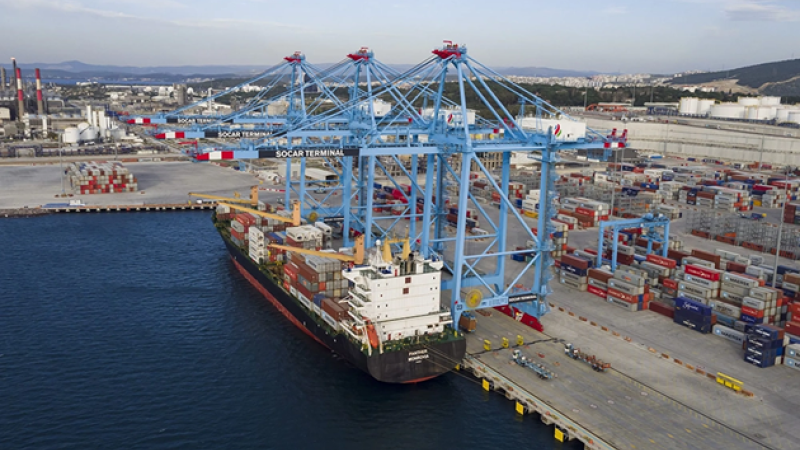
Economic Uncertainty
Commenting on how global economic uncertainties and sanctions affect the bunker industry, Tarakçı said:
“Due to globalization, world economies have become more sensitive to economic, social, and political events. Naturally, Türkiye’s highly integrated bunker sector is also affected by regional and global developments. However, our country and sector’s dynamic structure has effectively minimized these negative impacts over the past three years. With global demand recovery and easing tensions in our region, Türkiye is poised to grow its approximate 1% share of the global marine fuel market and achieve the recognition it deserves.”
Outlook for the Future
Discussing upcoming changes in the bunker industry post-2025 and SOCAR’s long-term global ambitions, Tarakçı explained:
“Regulations such as IMO CII & DCS, EU MRV, EU ETS, and Fuel EU are placing emissions at the center of the conversation. There’s growing pressure to reduce emissions from ships, leading to a major shift in the traditional bunker supply chain. In the near future, the energy content of fuels will matter more than mass quantities. Higher-energy-content fuels with lower CO₂ equivalent emissions per MJ will be preferred, and shipowners will be more discerning. Cost assessments will be based on energy content rather than tonnage.”
Ultra-Low Sulfur Marine Fuels
He added, “With the Mediterranean ECA taking effect on May 1, 2025, ultra-low sulfur fuel oil (ULSFO) will be added to Türkiye’s product portfolio. We also expect rising demand for low-sulfur marine gas oil from shipowners who opt out of using ULSFO. Additionally, due to stricter sulfur limits, there will likely be more scrubber-fitted vessels in the Mediterranean and a corresponding increase in high sulfur fuel oil demand.
On top of this, we foresee growing interest in alternative fuels and more research into biofuels, ammonia, LNG, and methanol. Globally, projections indicate that traditional marine fuels will continue to dominate until 2035. While alternative fuels will gain market share, they are unlikely to overtake the conventional fuels within the next decade.”
Source: 7DENİZ MAGAZINE


